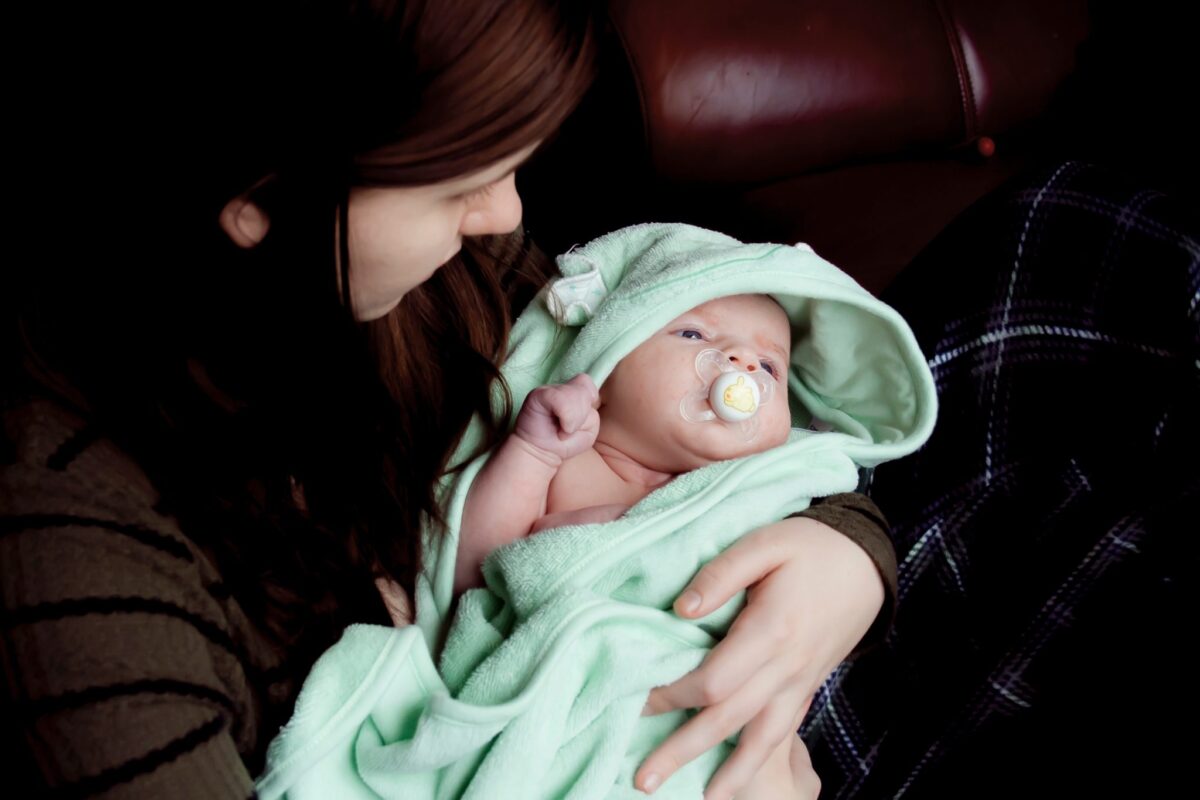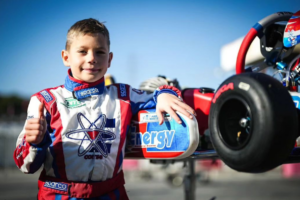
Babies’ brains rehearse speech mechanics months before their first words

Babies’ brains rehearse speech mechanics months before their first words, an interesting look into a babies brain.
Baby sounds are cute and funny, but they also represent important developmental milestones in speech, motor, social and cognitive development. A new study shows that despite the lack of comprehension indicated by all that incoherent babbling, when infants of a certain age hear speech their brains kick into gear to try to figure out the mechanics of how to talk.
The study by the University of Washington researchers and published on July 14th, 2014 in the Proceedings of the National Academy of Sciences, suggests that baby brains start laying down the groundwork of how to form words long before they actually begin to speak, and this may affect the developmental transition.
“Most babies babble by 7 months, but don’t utter their first words until after their first birthdays,” said lead author Patricia Kuhl, who is the co-director of the UW’s Institute for Learning and Brain Sciences. “Finding activation in motor areas of the brain when infants are simply listening is significant, because it means the baby brain is engaged in trying to talk back right from the start and suggests that 7-month-olds’ brains are already trying to figure out how to make the right movements that will produce words.”
In the experiment, researchers recruited 57 babies who were 7 months old and 11 months old then put them in a scanner to measure brain activation through a noninvasive technique called magnetoencephalography. Each baby listened to a series of native and foreign language syllables such as “da” and “ta” as researchers recorded brain responses. They listened to sounds from English and Spanish.
Researchers observed brain activity in an auditory part of the brain called the superior temporal gyrus, as well as in Broca’s area and the cerebellum, cortical regions responsible for planning the motor movements required for producing speech.
This pattern of brain activation occurred for sounds in the 7-month-olds’ native language (English) as well as in a non-native language (Spanish), showing that at this early age infants are responding to all speech sounds, whether or not they have heard the sounds before.
In the older infants, brain activation was different. By 11-12 months, infants’ brains increase motor activation to the non-native speech sounds relative to native speech, which the researchers interpret as showing that it takes more effort for the baby brain to predict which movements create non-native speech.
This reflects an effect of experience between 7 and 11 months, and suggests that activation in motor brain parts is contributing to the transition in early speech perception. However, it’s been unclear how this transition occurs.
“Infants’ brains are preparing them to act on the world by practicing how to speak before they actually say a word,” said Kuhl.
These results also emphasize the importance of talking to kids during social interactions even if they aren’t talking back yet.
“‘Parentese’ is very exaggerated and when infants hear it, their brains may find it easier to model the motor movements necessary to speak,” Kuhl said.












